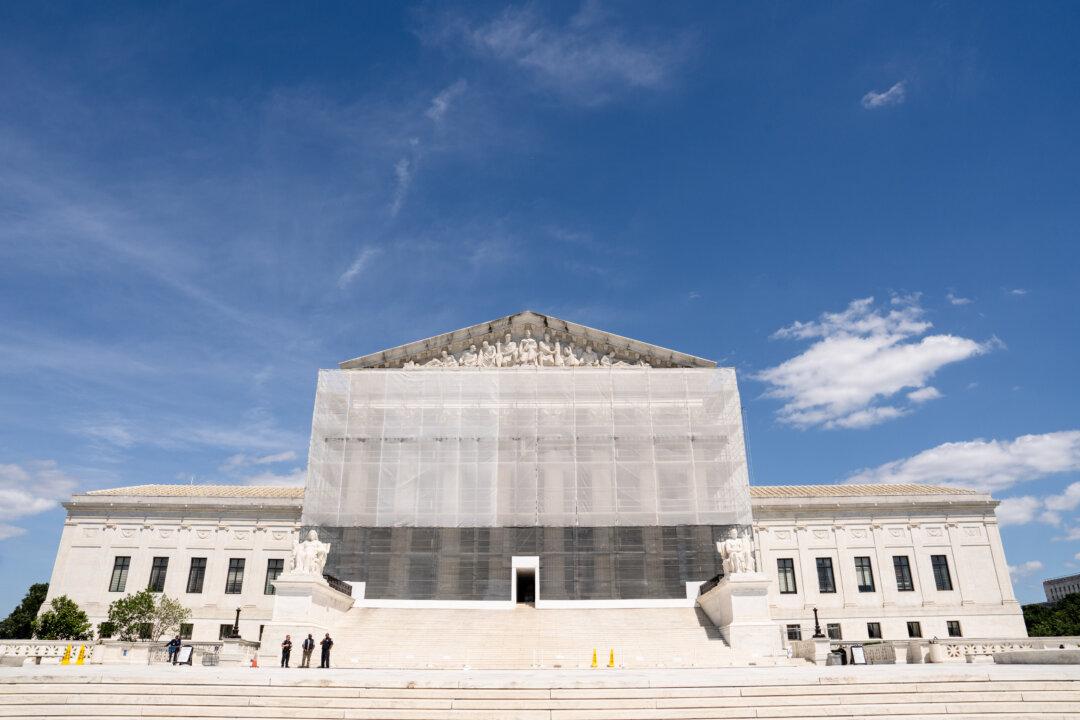The U.S. Supreme Court on May 22 voted 4–4 to reject authorization for the nation’s first publicly funded religious charter school.
Justice Amy Coney Barrett recused herself and did not participate in the case known as Oklahoma Statewide Charter School Board v. Drummond. The respondent is Gentner Drummond, Oklahoma’s attorney general.





